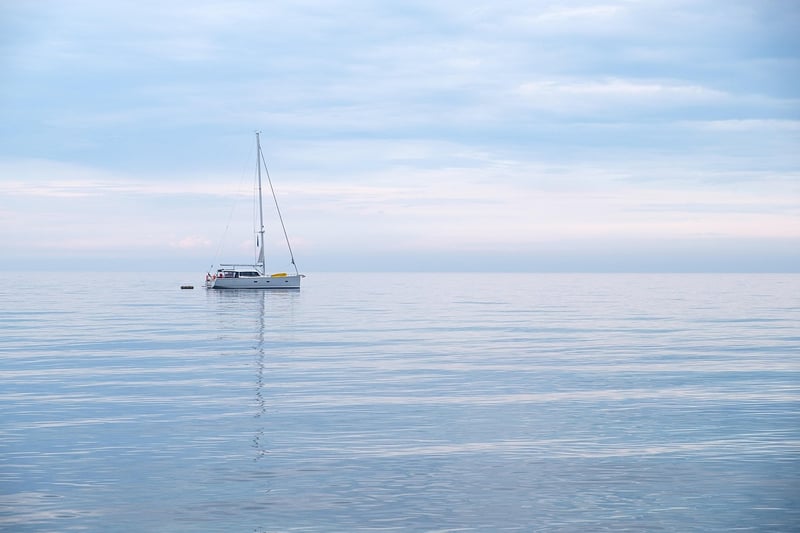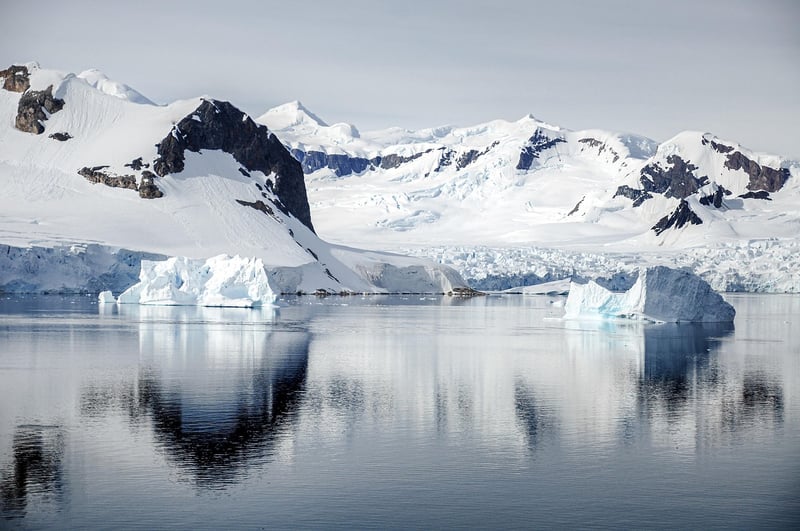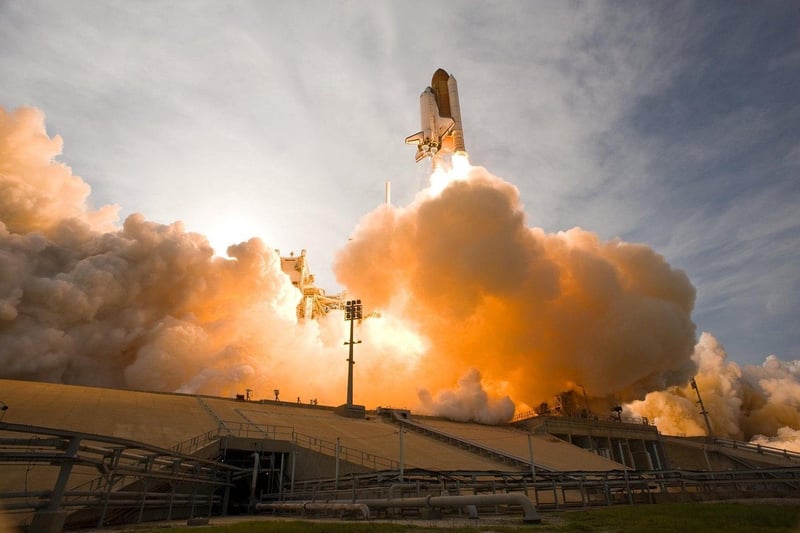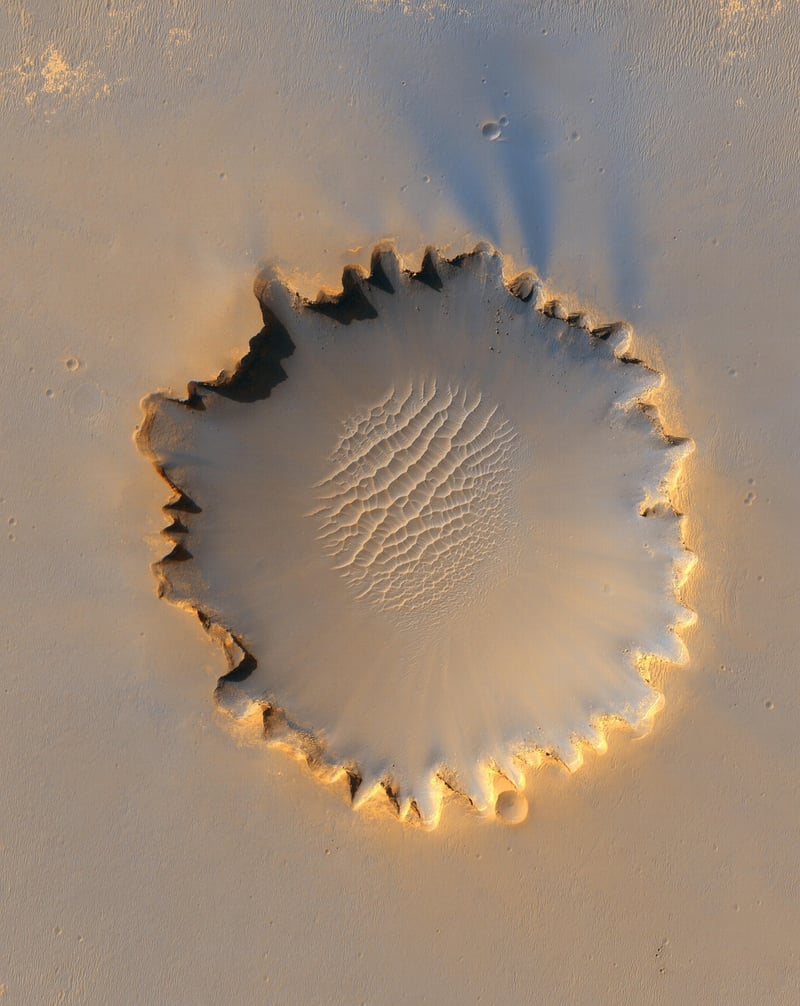Future Exploration
The Evolution of Exploration Through Different Eras and Future Prospects
The Age of Discovery (15th - 17th Century)
The Age of Discovery marked a significant period in history when explorers embarked on voyages to discover new lands and trade routes. Iconic figures like Christopher Columbus, Vasco da Gama, and Ferdinand Magellan set sail to explore uncharted territories, leading to the expansion of empires and the exchange of cultures.

The Golden Age of Exploration (19th Century)
The 19th century witnessed a resurgence in exploration with expeditions to the Arctic and Antarctic regions, as well as the mapping of Africa and Asia. Explorers like Roald Amundsen and David Livingstone made significant contributions to our understanding of the world.

Space Exploration (20th Century - Present)
The 20th century saw humanity venture beyond Earth with the launch of satellites, manned space missions, and moon landings. Organizations like NASA and SpaceX have played pivotal roles in pushing the boundaries of space exploration, with plans for Mars colonization and beyond.

Future Exploration
The future of exploration holds exciting prospects with advancements in technology. From deep-sea exploration to Mars missions, robotics and AI are set to revolutionize how we explore the unknown. Space tourism, asteroid mining, and sustainable exploration practices are on the horizon, promising new frontiers for humanity.

As we reflect on the evolution of exploration through different eras and embrace the possibilities of future exploration, one thing remains constant – the human spirit of curiosity and the drive to uncover the mysteries of our universe.
